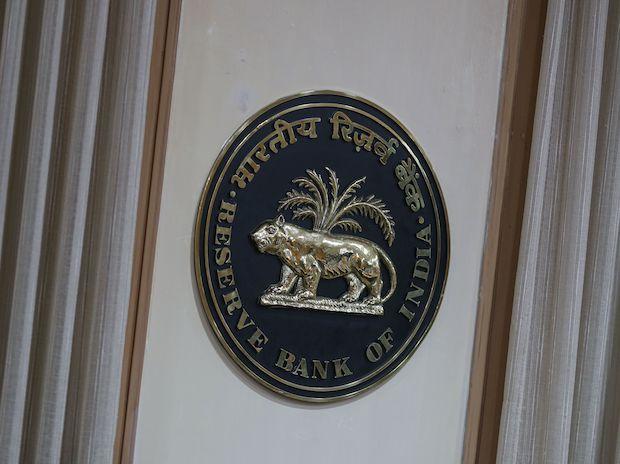By Ira Dugal
MUMBAI (Reuters) – India’s central bank is using up its foreign exchange reserves at a quicker pace than during the taper-tantrum period in 2013 as it tries to prevent an overshoot in the rupee, but a larger pool of reserves may allow it to support the currency for some more time, economists said.
The Reserve Bank of India has sold a net of $38.8 billion from its forex reserves between January and July this year, data released on Friday showed.
A net of $19 billion was sold in July alone, the most recent data available, and intervention remained heavy in August when the rupee fell below 80 against the dollar, traders said.
Alongside its intervention in the spot market, the central bank’s forward dollar holdings have fallen to $22 billion from $64 billion in April.
In 2013, the RBI had sold a net of $14 billion in the June to September period after the so-called taper tantrum-when U.S. Treasury yields spiked after the Federal Reserve said it would slow its pace of bond buybacks-had put pressure on emerging economy currencies, including the rupee.
“The starting point of India’s foreign reserves was at a much higher level in this cycle compared to the taper tantrum, providing a much thicker cushion to withstand global volatility/ shocks,” said Radhika Rao, senior economist at DBS Bank.
MODERATING RESERVE COVER
India’s forex reserves have fallen to a two-year low of $550 billion from a peak of $642 billion in October 2021. Apart from actual dollar sales, reserves are also impacted by a drop in major currencies like the euro and yen against the greenback and a lower valuation of dollar-denominated securities.
The decline in forex reserves and a pick-up in imports has meant that this pool is now adequate to cover about nine months of imports compared to 16 months at the peak.
At the time of the taper tantrum, India’s forex reserves-to-imports cover had fallen to below seven months.
Sticky and elevated imports amid depleting forex reserves led to the import cover falling to its lowest since August 2018, Elara Capital economists Garima Kapoor and Subhankar Sanyal said in a report earlier this month. Forex reserves to external short-term debt moved further below five months.
“Further forex reserve depletion by the RBI to arrest volatility remains the key risk,” said Kapoor and Sanyal.
RUPEE VS. YUAN
The RBI’s defence of the rupee at a time when most currencies are weakening against the dollar has meant the local unit has appreciated against trading peers.
“The Indian rupee has appreciated by about 5% against the Chinese yuan for the fiscal year to date,” said Madhavi Arora, lead economist at Emkay Global Financial Services.
In inflation-adjusted real terms, the rupee has appreciated 8% against the yuan.
“This matters because Chinese exports are seen as a key competitor to both India’s exports abroad and, more importantly, to Indian manufacturing at home,” Arora said.
(Reporting by Ira Dugal; Editing by Savio D’Souza)
(Only the headline and picture of this report may have been reworked by the Business Standard staff; the rest of the content is auto-generated from a syndicated feed.)
 Dear Reader,
Dear Reader,
Business Standard has always strived hard to provide up-to-date information and commentary on developments that are of interest to you and have wider political and economic implications for the country and the world. Your encouragement and constant feedback on how to improve our offering have only made our resolve and commitment to these ideals stronger. Even during these difficult times arising out of Covid-19, we continue to remain committed to keeping you informed and updated with credible news, authoritative views and incisive commentary on topical issues of relevance.
We, however, have a request.
As we battle the economic impact of the pandemic, we need your support even more, so that we can continue to offer you more quality content. Our subscription model has seen an encouraging response from many of you, who have subscribed to our online content. More subscription to our online content can only help us achieve the goals of offering you even better and more relevant content. We believe in free, fair and credible journalism. Your support through more subscriptions can help us practise the journalism to which we are committed.
Support quality journalism and subscribe to Business Standard.
Digital Editor



 Dear Reader,
Dear Reader,

GIPHY App Key not set. Please check settings